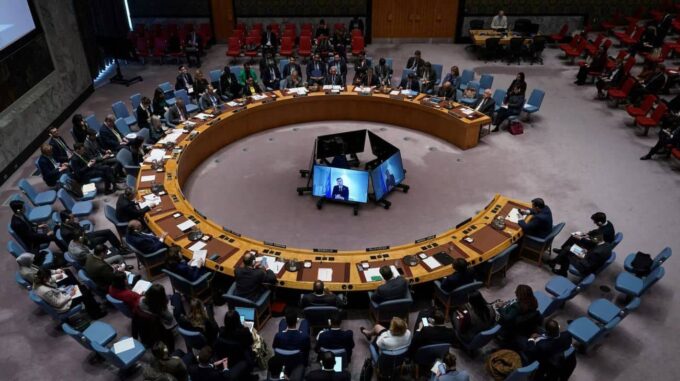Internal UN documents reveal the curtain on a large-scale reform amid a funding crisis

The United Nations is preparing for significant changes to its structure and operations to overcome one of the greatest challenges in its over 80-year history — a sharp decline in donor funding, especially from the United States. Due to a severe financial crisis, the UN is considering radical reorganizations, including merging key agencies, optimizing costs, and reducing personnel in high-cost locations. According to an internal memo obtained by Reuters, the document was prepared by a specially created working group led by Secretary-General António Guterres. This document proposes broad measures aimed at improving the organization’s efficiency in response to rapidly increasing financial pressures. The draft plan includes merging and optimizing dozens of international agencies. One key area is the consolidation of services such as the World Food Programme, UNICEF, WHO, and the UNHCR — into a single humanitarian structure, which would reduce duplication of functions, prevent resource fragmentation, and speed up crisis response. The agenda also features reducing office space, including plans to move some staff from American and European capitals to less expensive regions, as well as merging offices in Rome — a logical step in cost optimization. Unofficial sources indicate that the document emphasizes that the UN is currently experiencing one of the most serious crises in its history — since the beginning of the year, major donors, including the US, have fallen into significant arrears. According to sources, the US alone owes about $1.5 billion for the regular budget and over $1.2 billion for peacekeeping operations. This significantly affects the UN’s ability to perform its core functions — humanitarian aid, peace support, development initiatives, and human rights protection. US Treasury officials, as reported by American media, have even considered the idea of completely halting or greatly cutting funding to organizations, including NATO and the UN, to reduce their own contributions to international structures. Such proposals have sparked considerable discussion and are believed to be driven by internal political struggles. The memo highlights that these issues are already having a tangible impact on staff operations. For example, UN humanitarian agencies have reported a 20% staff reduction, UNICEF 20%, and the International Organization for Migration 30%, which could lead to the loss of several thousand jobs and complicate the implementation of vital aid programs for the most vulnerable populations. The internal document pays special attention to issues of inefficient resource management, overlapping mandates, bloated administrative structures, and an increasing number of missions without clear exit strategies. Meanwhile, by May 16, heads of relevant entities are required to provide lists of positions that could be relocated outside New York, Geneva, or other global management centers, aiming to reduce costs. Overall, these initiatives are part of a strategic reform plan, as the organization still faces the challenge of maintaining its effectiveness and credibility in a world experiencing financial slowdown and a global trust crisis in international institutions. Internal discussions and preparations for major changes are underway ahead of key international forums and the signing of new agreements that will determine the UN’s future work in the near term.

